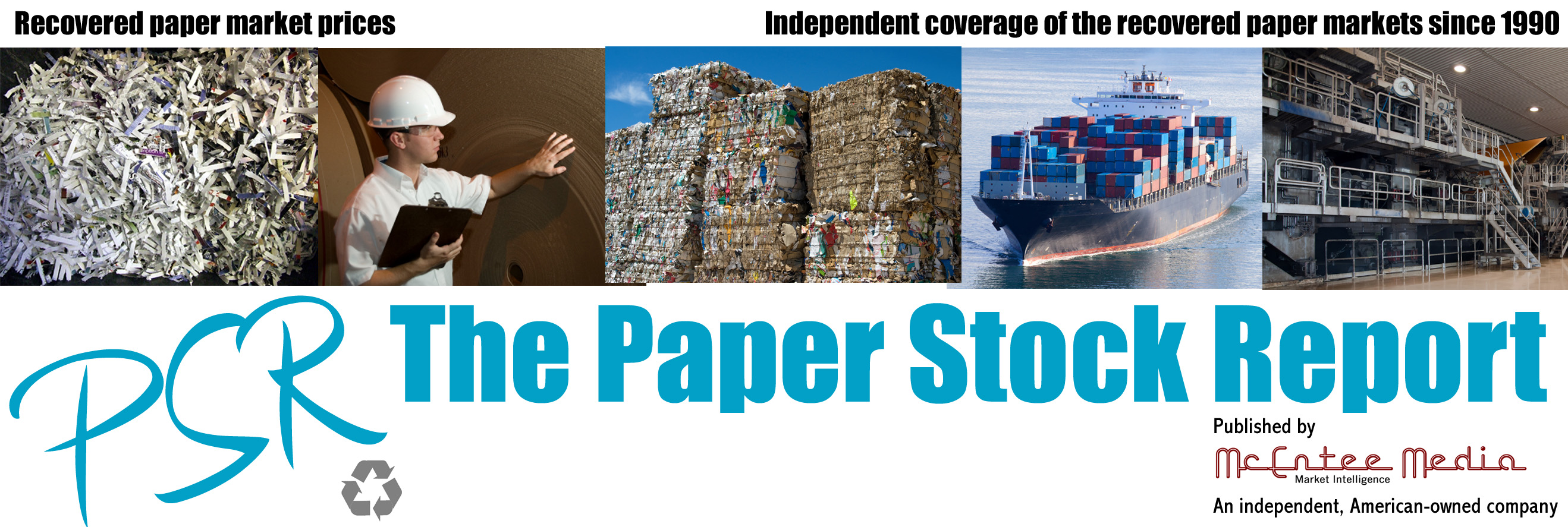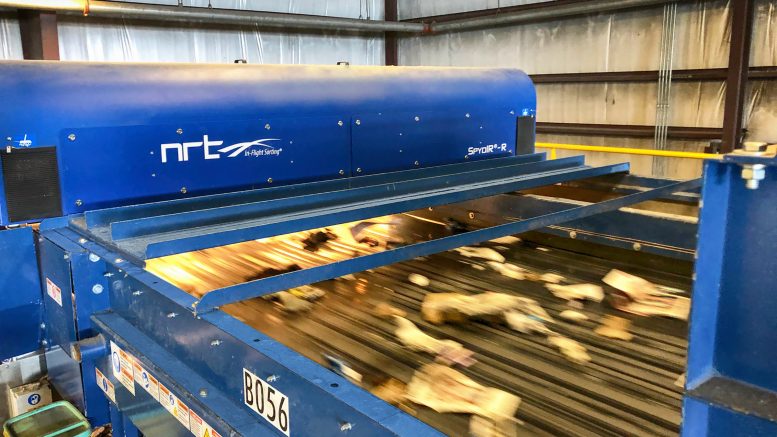Midwest Fiber Recycling, Normal, Ill. was looking for ways to modernize its system to match changing recycling demands while improving overall system efficiency, according to Bulk Handling Systems, Eugene, Ore. BHS said that to meet new market requirements for fiber quality, Midwest Fiber was slowing its system down, adding sorters and adding shifts to make up for the lower throughput.
Midwest Fiber challenged BHS for a creative solution to reduce labor and increase recovery while working within the existing and limited space.
“At BHS, we strongly believe that the best solution is not achieved with a one-size fits all approach,” BHS said. “We analyze the application and then dive deep into the process to develop a unique design that maximizes value.”
Working together, the Midwest Fiber and BHS teams settled on a plan to meet project goals by modifying the system with new equipment, new material routing and upgrading existing equipment.
The work began at the front-end of the system.
BHS Tri-Disc screens help to create high quality products at the lowest cost possible, as effective screening makes downstream separation more productive. To address the influx of smaller cardboard in the recycling mix, BHS tightened the screen openings (IFOs) on Midwest Fiber’s existing BHS OCC Separator.
Next, BHS added a four-inch bypass screen after the customer’s Debris Roll Screen to increase the efficiency of the downstream equipment. The four-inch (-) fraction is sent to a new NRT SpydIR optical sorter, equipped with a MetalDirector and a divided accelerator belt. One segment of the optical sorter recovers plastics and metals from this four-inch (-) fraction, while the other segment takes the 2-D fiber from the BHS Polishing Screen and purifies the mixed paper by removing any non-fiber, leaving it free of prohibitives.
According to Midwest Fiber Recycling’s chief ooperating officer Mike Shumaker, PET and aluminum recovery are both up. PET recovery has increased 200 pounds-per-hour and aluminum is up 110 pounds-per-hour. Throughput increased from 14 tons per hour to more than 18, which also decreased runtime by 10 hours per week.
To top it off, Midwest Fiber Recycling was able to decrease its sort staff by four people while significantly improving fiber quality. Shumaker said Midwest Fiber is currently producing low prohibitive #56 News and #54 Mixed Paper.
By adding one screen, one optical sorter and making some changes to existing equipment, Midwest Fiber has a cost-effective solution that has increased throughput, recovery and purity while lowering operating hours and costs.
Follow us on social media:
